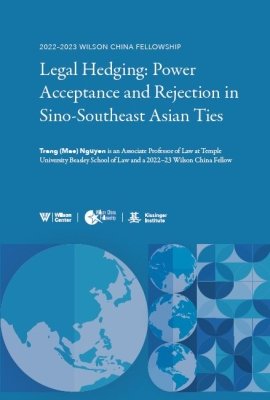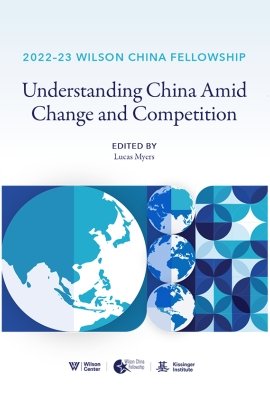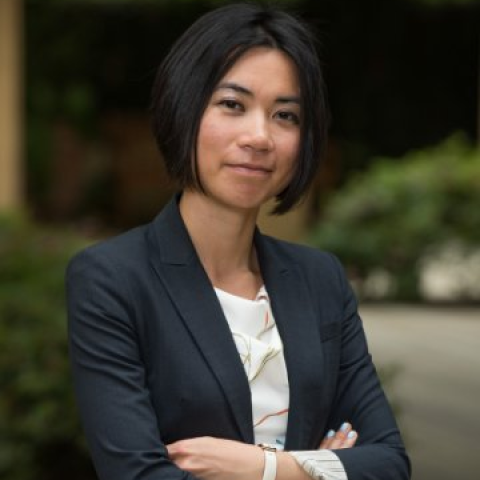Trang (Mae) Nguyen
2022-23 Wilson China Fellow
Professional Affiliation
Assistant Professor of Law at Temple University Beasley School of Law and an affiliated scholar at the U.S. Asia Law Institute, New York University (NYU) School of Law
Expert Bio
Trang (Mae) Nguyen (Nguyễn Thu Trang) is an Assistant Professor of Law at Temple University Beasley School of Law and an affiliated scholar at the U.S. Asia Law Institute, New York University (NYU) School of Law. Her research focuses on the intersection of business law, transnational law, and comparative law. Her work has appeared or is forthcoming in the Harvard International Law Journal, American Journal of International Law Unbound, Stanford Law and Policy Review, Harvard Human Rights Journal, and New York University Law Review, among others. Prior to entering academia, Professor Nguyen practiced corporate law at a law firm in Silicon Valley and served on the policy team of the California Office of the Attorney General. She earned a J.D. degree from NYU School of Law, where she was a Law and Business Scholar and an executive editor of the NYU Law Review.
Wilson Center Project
Legal and Economic Organizations of China-Southeast Asia’s Supply Chains
Project Summary
The project examines the legal and economic organizations of the Sino-Southeast Asian supply chains, as a window into China’s impact on and enmeshment with Southeast Asia. In particular, the project uses “supply chain cities”—manufacturing industrial parks—in China, Vietnam, and elsewhere as case studies to illustrate the linkages created through public-private governance, standard settings, and overlapping legal regimes. These sites make particularly fitting case studies because of their unique legal and business model, which straddles both Asian and Western raw material supplies, know-how, and consumer markets. As such, investigating the legal infrastructure that supports supply chain cities—and supply chains broadly—can shed valuable light on the nuances of China’s economic interdependency in Southeast Asia, as well as on the complex ways in which local actors interact with regional and international legal frameworks.
Insight & Analysis by Trang (Mae) Nguyen
- Publication
Legal Hedging: Power Acceptance and Rejection in Sino-Southeast Asian Ties

- Publication
Executive Summary - 2022-23 Wilson China Fellowship
- By
- Matthew Erie,
- Kyle Jaros,
- Mao Lin,
- and 12 more

- Publication
2022-23 Wilson China Fellowship: Understanding China Amid Change and Competition

- Past event
- Strategic Competition
Wilson China Fellowship Conference 2023



